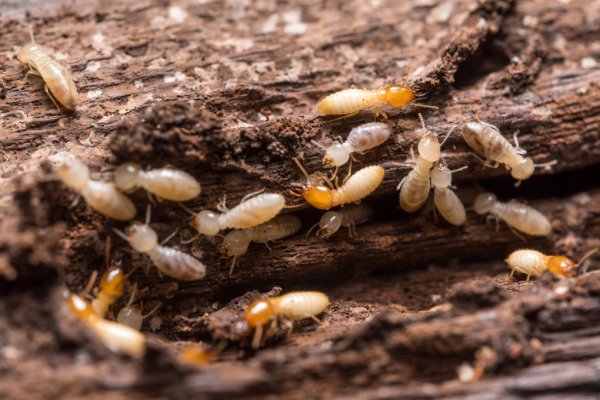Handling Termites
Termite: What Does Termite Inspection Entail
A termite inspection is a visual inspection of the readily accessible areas of a home for evidence of wood-destroying insects. The inspector will visually inspect the entire interior of a home (including accessing and entering any sub-space such as basements and crawlspaces) and exterior of the property. After the inspection has been performed, the findings are reported on a special wood destroying insect form separate from the home inspection report.
How long does an inspection take?
The average termite inspection takes approximately 30 to 45 minutes for a thorough inspection, depending on the size and conditions (e.g. clutter; storage of personal items, etc.) of the home and property.
Can termites live in colder climates?
Yes, termites have been found throughout the United States, even in Alaska! Cold weather does not kill them, it only slows them down or causes them to go into a hibernation state.
Why inspect the attic if termites stay close to the ground?
The termite inspection is actually an inspection for wood-destroying insects. The inspector is also looking for other types of wood-destroying insects, such as ants and carpenter bees.


